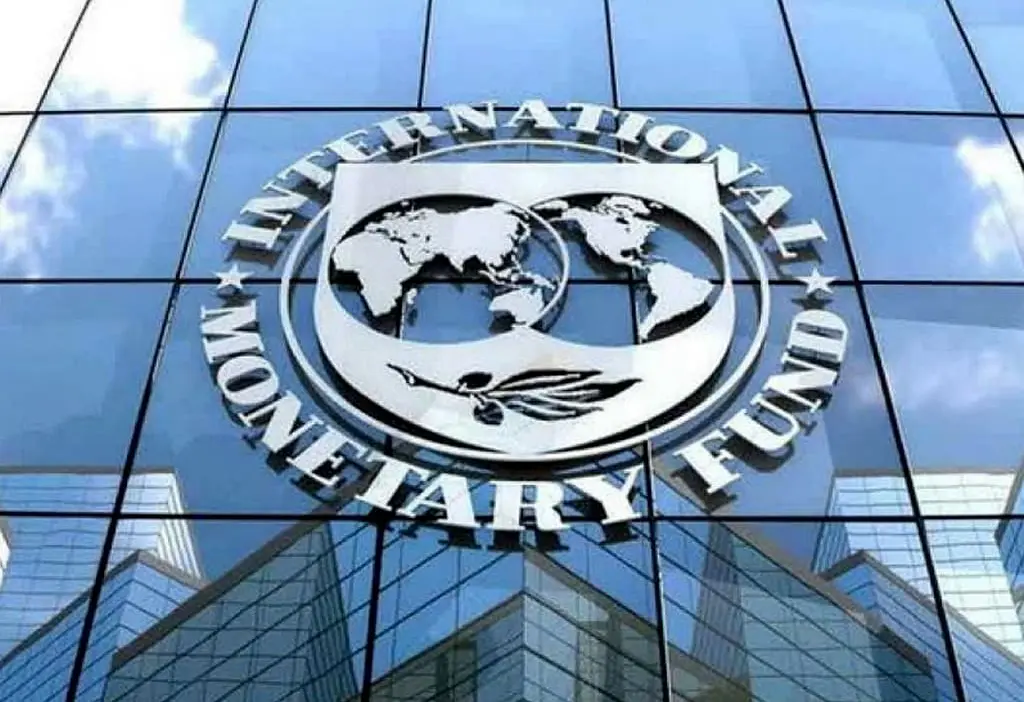The IMF advised Kenya to revamp outdated regulations, combat scams, and align its crypto framework with global standards for financial stability.
The International Monetary Fund (IMF) recommended that Kenya establish a clear and predictable regulatory environment for the cryptocurrency market to safeguard consumers and mitigate risks associated with Anti-Money Laundering (AML) and Combating the Financing of Terrorism (CFT).
In response to a request from the Capital Markets Authority (CMA) of Kenya, the IMF issued a technical assistance report on Kenya’s crypto regulations on January 8.
IMF Provides Kenya With Guidance On Cryptocurrency Regulations
The International Monetary Fund observed that Kenya’s traditional markets are subject to outmoded regulations that have “limited and no legally binding” influence over crypto markets.
Consequently, the East African nation has experienced an increase in criminal activity and crypto-related fraud.
IMF staff observed a “significant degree of uncertainty and a lack of consensus” among Kenyan legislators during consultations in Nairobi regarding the regulation of crypto assets.
Consequently, the United Nations’ financial agency recommended that Kenya establish a crypto-regulatory environment that is “consistent with international frameworks and standards.” The IMF declared:
“The development of this framework should consider the unique challenges and opportunities within Kenya’s crypto market, ensuring it is robust, transparent, and capable of fostering innovation while protecting consumers and maintaining financial stability.”
The recommendation encompassed adhering to the Bali Fintech Agenda (IMF/World Bank), FATF Recommendations for AML and CFT, and the FSB Global Regulatory Framework for Crypto-Asset Activities.
Bringing Kenya’s Crypto Laws Into Compliance With International Standards
The IMF also issued a series of recommendations that were designed to resolve the gaps and challenges in the country’s current regulatory framework for crypto assets:
Conducting empirical analysis, fostering collaboration and education among regulatory authorities, and defining the scope of regulations are among the short-term recommendations (six to 12 months).
Strengthening supervisory resources, aligning Kenya’s regulatory framework with international standards, and instituting a legal and licensing framework are among the medium and long-term recommendations (12–24+ Months).
Some of these recommendations are as follows.
The IMF also advised Kenyan authorities to expand their analysis of the crypto market beyond surveys and questionnaires.
Moreover, in order to guarantee legal consistency, Kenya will also need to explicitly define crypto assets in accordance with financial laws, while avoiding conflicting terms (e.g., digital currency versus virtual asset).
Finally, the IMF recommended that Kenya collaborate with foreign regulators to mitigate the risks associated with international exchanges that operate in the country and to promote cross-border cooperation to ensure effective enforcement.



